Best Vegan Cat Foods: We Recommend Adding Meat…
Contents of Article
One thing you hear about cats repeatedly is that they are obligate carnivores – that is, that they must have meat in their diet. There are a number of reasons for this – cats need some vitamins and amino acids in their pre-formed state because they don’t have the ability to make them in their bodies the way some other animals can. By eating meat they have access to the nutrients they need. Cats can acquire vitamin A in a pre-formed state this way, whereas humans, dogs, and some other animals can make it from beta-carotene in our diets (such as carrots). Cats are not very efficient at transforming niacin from tryptophan the way some animals are. Cats also require taurine in their diet which comes mostly from meat. Cats also need arginine which comes from meat – something so necessary to their diet that without it they can die. And there are other nutrients that cats need from meat.
Of course, dogs and some other animals are also carnivores but many carnivores are more adapted to making some of these nutrients in their bodies or they can get some of them from non-animal sources. But cats have lost the ability to make these nutrients in their own body or they have not developed that ability. Cats also have an extremely short digestive system which is ideal for digesting meat rapidly. It is not designed for the slow digestion of plant material like herbivores and omnivores. If form follows function, then cats are made to tear flesh with their sharp teeth and digest the meat quickly.
Quick Look : Top 2 Best Vegan Food Brands For Cats
*We strongly suggest pairing these foods with real meat to best meet your cats nutritional needs
| Food | Price | Nutrition | Rating |
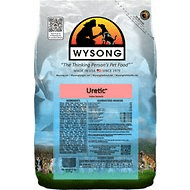 Wysong Vegan Dry Cat Food Wysong Vegan Dry Cat FoodRead Reviews |
$2.76/lb |  |
 |
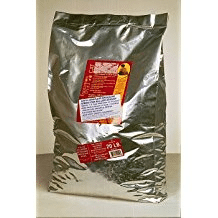 Evolution Cat Food Made With Human Grade Pure Vegan Ingredients Evolution Cat Food Made With Human Grade Pure Vegan IngredientsRead Reviews |
$2.92/can |  |
 |
Can cats eat a vegan diet?
Can cats get the nutrients they need in their diet from non-meat sources? Can you feed your cat a vegan diet? Most feline nutritional experts say no, but there are a few sources that claim a cat can live a healthy life eating a vegan diet. Note that the sources promoting the pro-vegan diet in this article are vegan pet food companies.
Evolution Diet, makers of completely vegetarian foods for cats, dogs and ferrets, says that its meatless offerings, on the market for 15 years, are healthy and nutritious, and, if anything, have extended the lives of many a feline and canine, even reversed chronic health problems. Claiming that most mainstream pet foods contain artery-clogging animal fat, diseased tissue, steroid growth hormones and antibiotics no less harmful to pets than to humans, its website posts testimonials from loyal customers who claim happy and long-lasting pets who look forward to their meals.
Anyone who is familiar with better quality cat foods should be able to spot the exaggerations in this description. “Artery-clogging animal fat”? Cats don’t generally have to worry much about clogged arteries and they get important nutrients from animal fat. Plus, many good quality cat foods use meat that is not “diseased tissue” and which doesn’t contain steroid growth hormones or antibiotics. Virtually all pet food sites post happy testimonials from loyal customers, whether they are genuine or not.
The second reference to a vegan cat food source in the article is also troublesome.
And Harbingers of a New Age, which makes “Vegecat” kibble and supplements that provide cats with nutrients otherwise only found in meat, says that its products allow owners to “prepare food in your own kitchen, choosing recipes that fit your lifestyle.”
Many incomplete diets such as this one, in which pet owners add their own ingredients, can be quite dangerous to pets because there is no way to know or make sure your pet is getting a complete and balanced diet. Unless you consult a veterinary or pet nutritionist when using one of these incomplete diets to help figure out what to add to it to balance it, these diets will not be suitable for your cat.
Nutrition or philosophy?
Nutritionally speaking, virtually all sources agree that the best diet for a cat is one that contains meat. Cats need a lot of protein and the best sources for that protein come from animals. Cat owners who choose to feed their cats a vegan diet are usually acting from a philosophical, moral, ethical position and not because a vegan diet is healthier for their cat. If you google “vegan diets for cats” or some variation of that phrase, the only sites that will come up promoting vegan diets for cats, are vegan health sites. Most sites that discuss vegan diets for cats from a health or diet perspective – including discussions by veterinarians – will explain why a vegan diet for cats is not healthy.
People make decisions about what to eat based on their beliefs and backgrounds, including health, political, environmental, cultural, or religious ideals. For some people, that carries over into what they choose to feed their dogs and cats. In one study, 100% of people who fed cats a vegetarian diet reported eating vegetarian diets themselves.
Amy Short from Brooklyn, N.Y., tells WebMD that she began feeding her domestic shorthaired cats, Olive and Georgia, a commercial vegan diet as 3-month-old kittens. “Because I am a vegan, I strive to live my life as compassionately as possible,” she says. “I had real dissonance with the idea (and brief practice) of buying animal-based food for my pet animals.”
Risks
Risks associated with feeding your cat a vegan diet include:
- Not enough protein in the diet.
- An imbalance of the amino acids needed in the diet, such as L-carnitine and taurine, and essential fatty acids such as arachidonic acid.
- Vitamin and mineral deficiencies such as pre-formed vitamin A, B vitamins, iron, phosphorus, and calcium, than are best obtained, or only obtained from meat and other animal products.
These risks have real life consequences for your cat. Too little taurine in the diet can lead to heart problems and blindness, or even death. A lack of arachidonic acid can keep the blood from clotting properly or prevent the gastrointestinal and reproductive systems from functioning normally. It needs to come from animal fats that have to be included in a cat’s diet. Too little niacin can lead to hemorrhagic diarrhea, inflamed gums, loss of appetite, and weight loss.
Many pet lovers today are concerned about feeding their pets a biologically appropriate diet. Some dog owners try to feed foods that contain as much meat as possible so they can mimic an ancestral diet for wolves. Some cat owners are trying to feed their cats a diet that is high protein, low carb, with more moisture because that kind of diet is believed to be healthier for cats. Whether you believe these diets are best for your pet or not, owners are acting out of a belief that the foods are healthier for their pets. Pet owners who ignore what is best for the health of their pet so they can feed them a vegan or vegetarian food for ideological reasons are putting their pets at risk. Pets don’t have ideologies and they depend on people to care for them and feed them a healthy diet.
Feeding a vegan diet
If you want to feed your cat a vegan diet, there are some guidelines you can follow.
- Do not feed a vegan or vegetarian diet to any kitten that you plan to breed in the future. Any vitamin or mineral deficiencies in the diet may be harmful to the cat’s future reproductive abilities.
- If you are feeding a commercial vegan or vegetarian diet, make sure that it has passed AAFCO feeding trials (instead of only nutrient profiles) and has earned their approval. AAFCO trials have their critics but this is probably the best guarantee you have that the food is nutritious.
- Whether you are feeding a commercial vegan cat food or using a homemade diet, talk to a veterinary nutritionist about the diet you are feeding. This is the best way to make sure it is balanced for your cat’s needs.
- Schedule at least two visits with your veterinarian per year if you are feeding your cat a vegan or vegetarian diet. Take your cat for wellness exams and make sure your vet has some baseline bloodwork. Monitor your cat’s health for any changes. Do this even if your cat is a kitten or a young adult.
Supplements

Many people who feed their cat a vegan diet claim that they can add nutritional supplements to the diet to make up for the things cats usually get from meat. While it is true that you can add things to a cat’s diet such as vitamin B12, taurine, and arachidonic acid, it is not a suitable replacement for nutrients they would naturally get from meat.
Vegan cat foods
A few of the well-known pet food companies make some vegan and/or vegetarian cat food, but you usually have to buy vegan or vegetarian cat food from a specialty source.
Wysong, Halo, and Evolution all have vegan and/or vegetarian cat foods. Looking at the ingredients in these and other foods, we can’t recommend vegan cat food, except as the base for an elimination diet supplemented with real meat. Some vegan cat foods may have AAFCO approval but simply based on the fact that cats need meat in their diet, we do not believe that a cat can thrive on a long-term basis by eating a vegan or vegetarian diet. A cat may survive eating these diets, but this is not the best or healthiest diet for a cat.

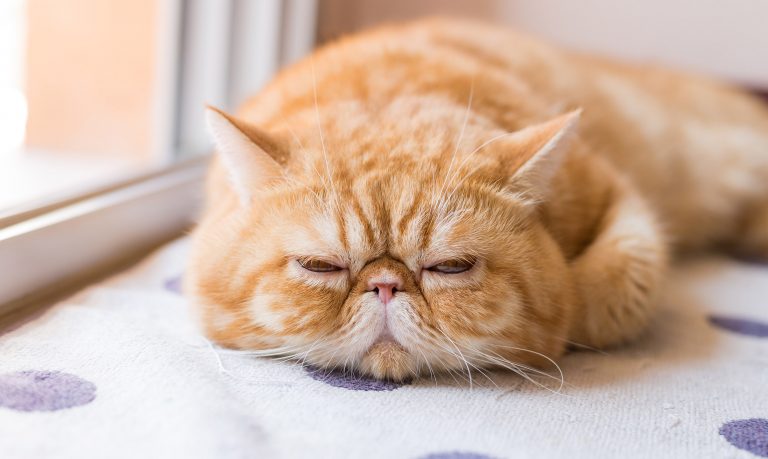
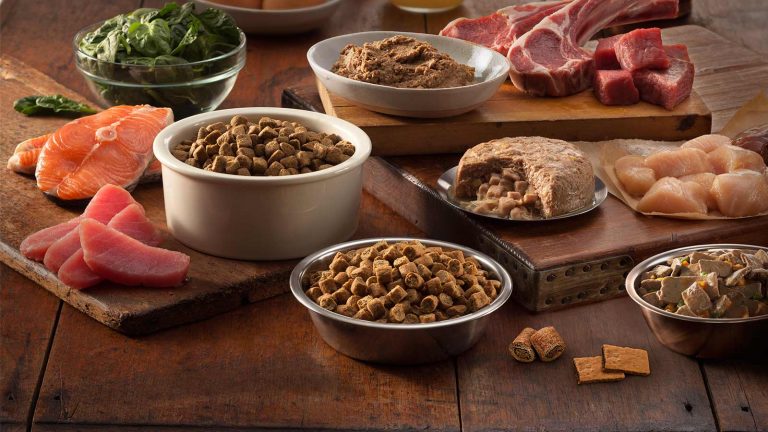
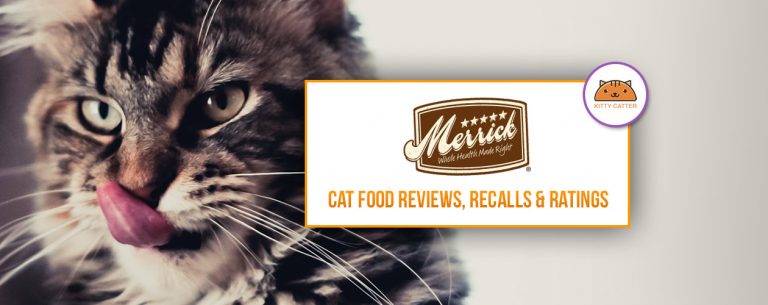
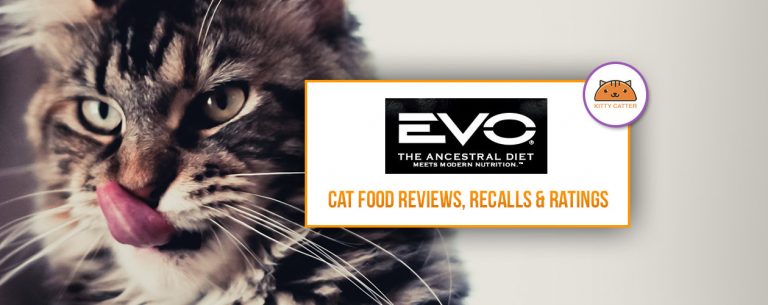
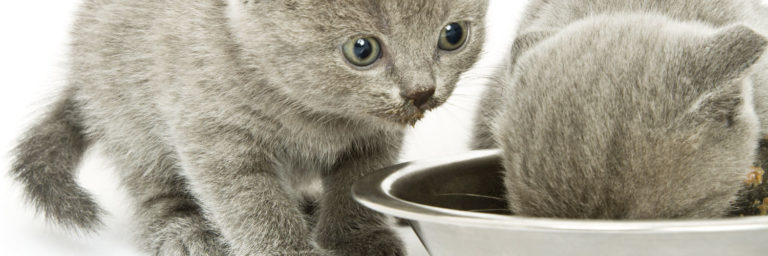
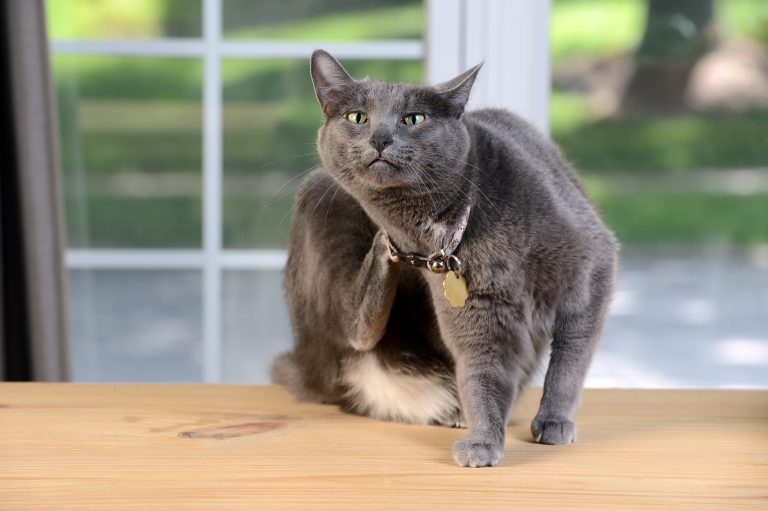
People feed their cats vegan food, not because it is better for the cat, but because it is better overall for animals.
Cats have been eating plant-exclusive food for decades. It has not been proven that it is any worse than flesh-based commercial food, but it has undoubtedly saved many thousands of animals’ lives.
Since the main objection to vegan food is the supplementation, there is no reason to choose meat kibble over plant kibble since they both contain supplements. The only way to feed cats a natural diet is to give them live birds, rodents, lizards and insects for them to kill and eat. Most people aren’t willing to do this, even carnists, so the objection to cruelty-free food falls flat.
My own cats have been happily vegan for many years. My vets don’t have problem with their diet; I know the food is cruelty free and high quality; and my cats love it! I can see no reason to start killing other animals now.
Please I need to find something besides fancy feast to feed my diabetic cat. I can tell he’s tired of same food plus I’m tired of opening cans every 4 hours.
My cats, and dog have been Vegan for several years…with NO health problems! They are all very active with soft shiny coats. The key word you used in your article about cats…’hunters!’ If my cats are lacking they are able to supplement themselves with their natural instincts/behaviors. And I haven’t ever had my cats take down a horse, cow, pig, turkey nor any of my Vegan chickens….as so many cat foods contain these ‘un-Natural’ meat products! And they don’t fish!
Wake up!